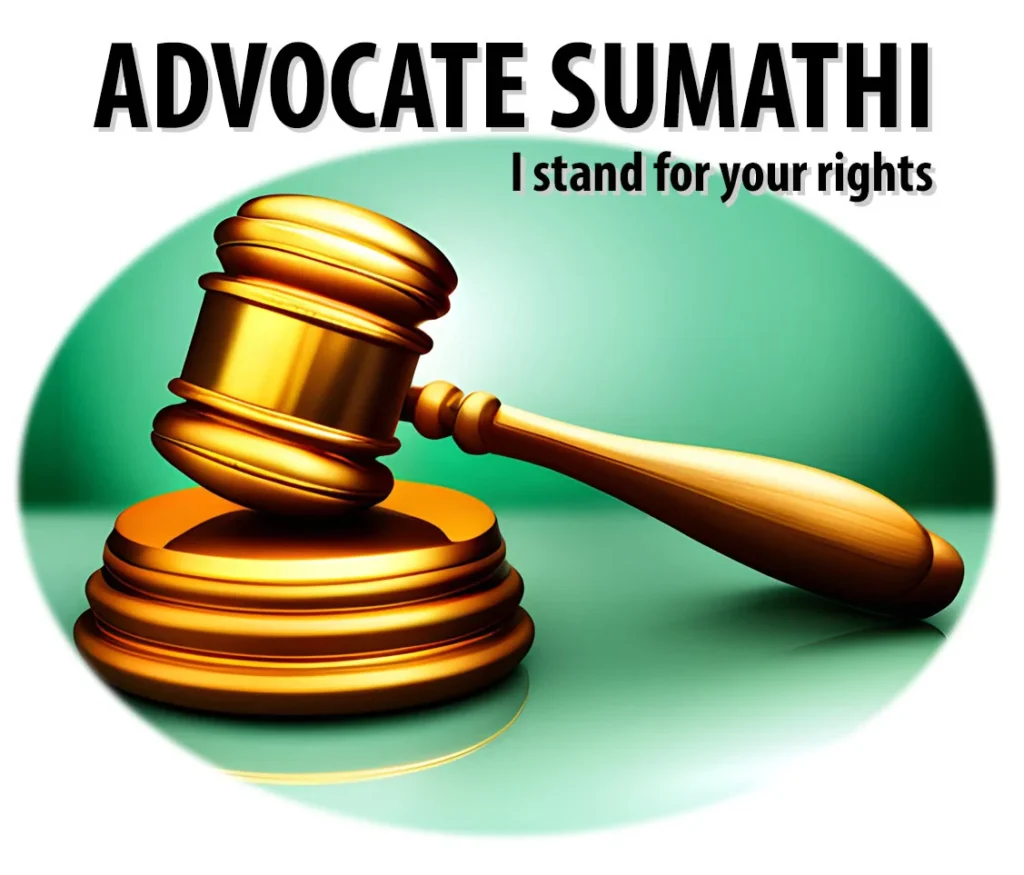Having your bank account frozen can happen quickly and be very scary. When you can’t get to your money, it can mess up your personal and business life. Understanding why a bank account is frozen is important for anyone who is having this problem. Even more importantly, understanding your legal options and the role of a lawyer can make a big difference in how quickly the problem is solved. This piece talks about some of the most common reasons why bank accounts get frozen and how a lawyer can help you get the account unfrozen through the right legal channels.
Common Reasons for Freezing a Bank Account
There are a number of legal and financial reasons why bank accounts can be frozen. One usual reason is not paying the taxes they should. If the government finds mistakes in tax returns or missed fees, they may tell banks to freeze accounts to make sure the fees are paid back.
One more big reason is court orders. A court-ordered freeze can happen in civil cases involving money issues, unpaid loans, or the enforcement of court orders. Accounts may also be frozen if there are problems with the paperwork, like mistakes in the KYC (Know Your Customer) records or not keeping them up to date.
The Legal Process Behind a Frozen Account
The decision to freeze a bank account is not made at random. One of these is a formal process that is started by a regulatory body, a law enforcement agency, or a court order. A lot of the time, banks only act on official requests from the right authorities after looking over the paperwork to back it up.
People or businesses that are affected are generally told, but sometimes, especially when criminal activity is suspected, notice may not be given ahead of time. When people can’t talk to each other, it often causes chaos and fear. But there are legal ways to fight these freezes, as long as the right steps are taken and the right lawyer is hired.
Challenges Faced by Account Holders
A frozen account makes it hard to get money right away. Not having access to money can cause bills to be late, hurt credit scores, and even stop a business from running. Emotional stress results from people’s attempts to understand what is happening and how to resolve it.
People not knowing their legal rights and how to follow the law aggravates the issue. A lot of account users either wait for the bank to do something or try to solve the problem on their own, which can cause long delays. It can be hard to find your way around the legal system without professional help, especially when more than one authority is involved.
Role of an Advocate in Resolving the Issue
A lawyer with a lot of experience can be very helpful in getting a frozen bank account unfrozen. The first step is usually to find out what the law says about the freeze. To do this, you need to look over the notice or order that the action was taken under.
Once the advocate knows what the reason is, they can file the right legal documents or make the right arguments. This could mean going to court to fight the freeze, reacting to notices from tax or regulatory authorities, or giving law enforcement agencies more information and proof.
Importance of Timely Legal Action
Getting legal help right away is necessary to avoid more problems. When things are delayed, restrictions can last longer, fines can add up, and legal processes may even get worse. An attorney makes sure that all legal deadlines are met and that all steps are taken right away.
Quick action also lowers the chances that third parties, like creditors or business partners, will abuse or misunderstand the situation. Getting fast access to funds can help keep financial losses to a minimum and get things back to normal in daily life.
Conclusion
Having a frozen bank account might be taxing, but there is a solution to resolve it. Getting your money back and your piece of mind will depend on determining why someone would act in such manner and following the correct legal procedures. An advocate with law knowledge and experience is very helpful for figuring out the complicated steps that need to be taken.

